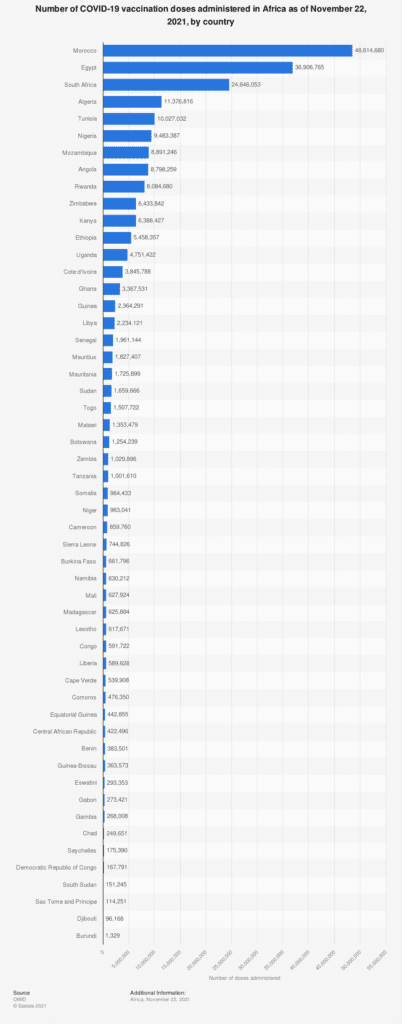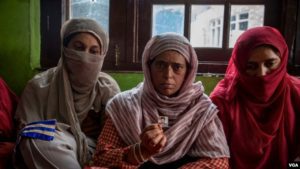The essence of the headlines that spread across the world’s biggest newspapers was this: South Africa has the new Omicron variant and is spreading it. When in reality South Africa was the first country to identify the new variant which has most likely been around for longer than we could possibly know.
Contrary to many peoples view of South Africa, the country is known for its advanced medical research in genomic surveillance and due to this, scientists were rapidly able to identify the new variant. Dr. Angelique Coetzee, chair of the South African Medical Association, first identified unusual symptoms in COVID patients on November 18. This prompted her to alert the national vaccine advisory committee and for research and testing to start immediately leading to the discovery and announcement of the new variant a mere seven days later.
However, the international response to this rapid discovery was blame rather than praise. Not only were all incoming and outgoing international flights immediately cancelled by airlines, but South Africa was also put under scrutiny for its low vaccination rate. On Sunday, South Africa’s President Cyril Ramoposa announced the nation’s updated vaccination statistics “41% of the adult population have received at least one vaccine dose, and 35.65% of adult South Africans are fully vaccinated against Covid-19.” This puts South Africa in third place for the vaccination drive for the African continent. Considering the continents struggle with vaccine inequality, these statistics are a true accomplishment.

The travel bans recently implemented to all countries in Southern Africa have so far not proven to stop the spread of the new variant as it has now been identified in more than ten countries and instead it has left thousands of people stranded in airports and various countries’ economies put back into turmoil with tourism booking cancellations.
New reports have found that the first cases of Omicron were in the Netherlands before they were in South Africa. This further muddles the timeline of events and where this strain originated from. Yet the countries that have to suffer the consequences are still those in Southern Africa as the EU has yet to close borders even as cases of the new variant have been found in over ten member countries. Even if the travel restrictions are lifted the damage has already been done, thousands of flights and holiday reservations have been cancelled, thousands more people are stranded either side of the borders, all longing to return home.
So the question remains, who is to blame for the new COVID variant? Instead of pointing fingers at the first country that they can, governments and WHO leaders should rather focus their efforts into research to truly understand if this variant is a threat and how we can deal with it effectively.
For further reading consult:
https://www.bbc.com/news/world-59442129
https://www.nytimes.com/interactive/2021/07/16/world/africa/africa-vaccination-rollout.html







